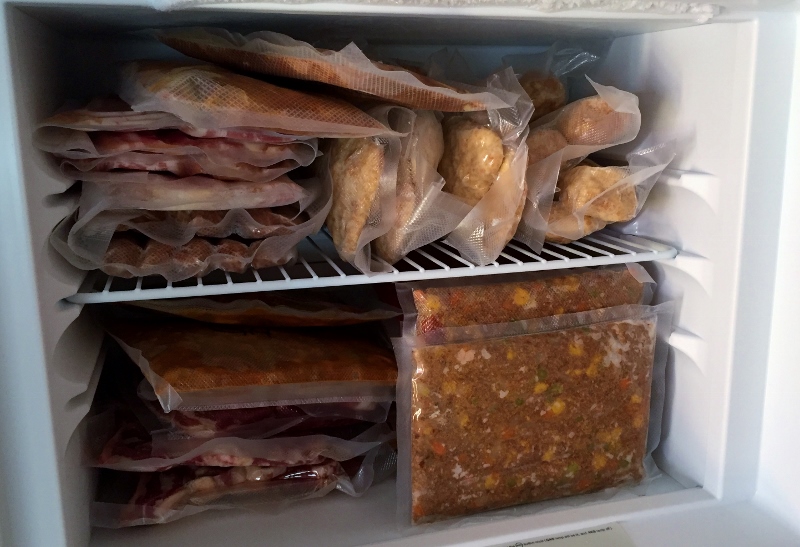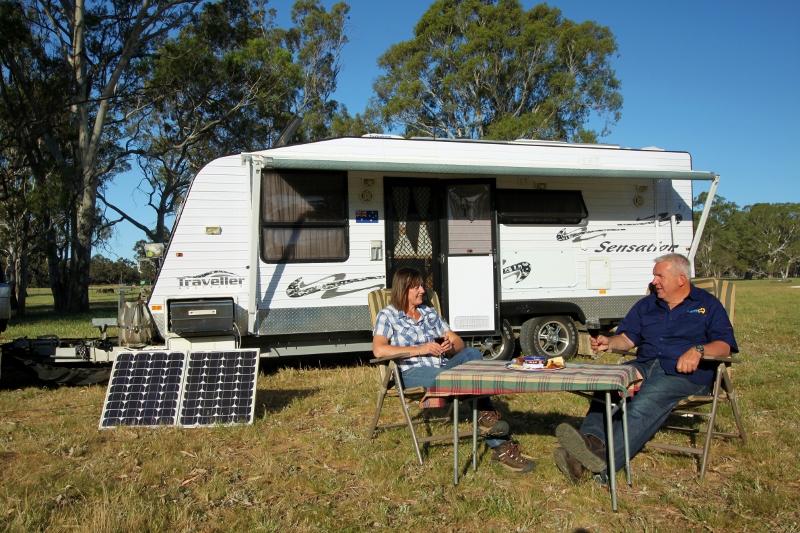Many of us long for that extended break where we pack up and head out for weeks or months, or perhaps a lap of the map that takes a year or longer. But if you’ve ever listened to anyone that said it’s “too hard, too expensive, too dangerous, or you’ll simply get bored”, you’d never leave your driveway! Here’s 5 myths that we’ve busted to help minimise your costs and maximise your time, so that you can travel for longer.
1 – Daily living expenses cost you more on the road
While there’s no denying you could use more fuel than you would when caught in the daily 9-5 treadmill, it’s all about how you manage your dollars, so that you travel wisely. We’ve found if you drop into the visitor centres, many towns offer discount vouchers for fuel, attractions, and bundling your stay at a local caravan park. If you’re thinking about travelling for a number of months, consider renting your home out during your absence – that way you’ll be making money from the rental income while on the road.
2 – Traveling long term means accommodation costs will cost the earth
There’s no doubt accommodation costs can soon add up, especially if you simply stick to caravan parks. But if you’re not set up to constantly free camp, the trick here is to mix things up. By mixing a free camp in with a couple of nights on a powered site is a great way to reduce your accommodation spend. Always do plenty of research, as many parks will provide discounts during non-peak times, and find those cheaper places to camp by using GPS units that have this feature built in. Even consider house sitting, as many people will offer free accommodation in return for short term caretaking. So plan well, and you’ll find accommodation costs aren’t that expensive.
3 – Jobs are so hard to come by when travelling
This one couldn’t be any further from the truth! There can be jobs galore if you’re prepared to try things you may have never considered in the past. Finding a town offering seasonal work might be right up your alley, and many places look for caretakers during off periods to allow their owners to take a break. Having a qualification of some sort in the hospitality industry is also worthwhile, and if you’re prepared to learn some new skills and give it a go, you could just find your working calendar is full, and you’ll want to go home for a holiday!
4 – Daily chores such as cooking, cleaning and washing are all too difficult on the road
It’s true there’s no getting away from chores while travelling, but chores need to be done wherever you are. However, when you’re living in more confined quarters on the road, it can mean a few challenging times. So this is where having a routine can make life easier. Set aside the odd day when you’re in a suitable location to do those weekly chores. Not only do you get a break from driving, but that day can be used to complete all those jobs for the week in just one day such as laundry, cleaning, and meal preparation. Simply preparing a weeks’ worth of meals is not only cost effective, but means you’re not having to cook meals from scratch every night. Aim to buy local produce that’s in season to stretch your budget further.
5 – There’s no way of keeping in contact with family and friends once you leave major towns
In today’s digital age, there are so many ways to be able to stay in contact. For mobile service, look for providers that have greater coverage around Australia. Also check whether they offer off-peak packages where call costs and data usage is cheaper. Even consider adding an aerial and a booster to improve phone reception as they can make a big difference. When travelling to remote regions where mobile service is non-existent, consider travelling with a satellite phone. There’s a range of providers that offer a variety of packages, so do plenty of research to work out the best option for you. A personal locating beacon (PLB) is also useful for anyone wanting to travel remotely. While some models are purely to notify emergency responders with your location, other devices allow you to keep in touch with family and friends to let them know you’re ok. Depending on your length of travel, it could be more cost effective to hire either a satellite phone or PLB rather than purchasing them outright.
When it comes to long term travel, the biggest mistake anyone can make is to think they can’t afford the time or the costs. The secret is to do plenty of research, make a plan, and learn from others more experienced. So what are you waiting for! We hope to see you around a communal campfire one day.
Catch you next time.
Grant & Linda




